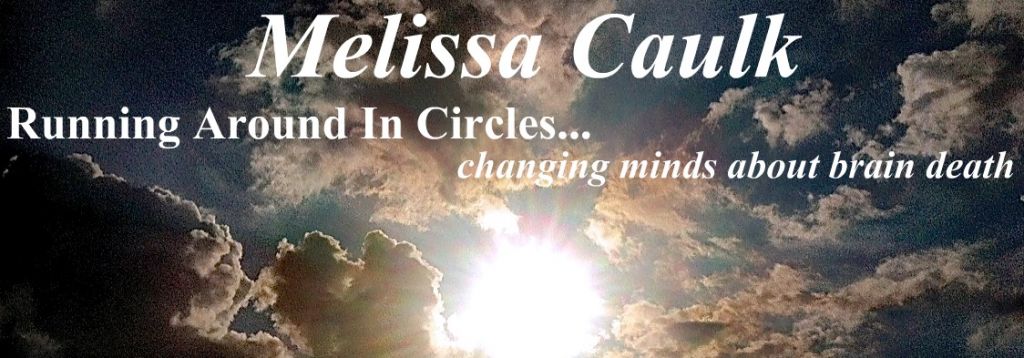Brain injured patient’s need treatment quickly
Sanjay Varade, Neuro physician, just reported in Times of India, most brain injury patients get paralytic strokes as they are not brought for treatment on time.
 When Jamie was injured in the auto accident the social worker told me on my way in route to Nashville that they got to him “in time.” Meaning his accident was close to Vanderbilt.
When Jamie was injured in the auto accident the social worker told me on my way in route to Nashville that they got to him “in time.” Meaning his accident was close to Vanderbilt.
The accident happened at 3:30 A.M.Jamie was talking and responding. In fact he was talking until he crashed when they were getting ready to do a “procedure.” From the medical records they were inserting a chest tube.
This was at 9:00 A.M.
Five hours later.
The medical records state that he was agitated and complaining of a headache. They gave him fentanyl to keep him calm. We have talked many times in our family about Jamie being agitated. He was an athlete, he had no feeling in his legs. I would have been agitated too. I have read that in assessing a patient in trauma that it is important to find the reason for their agitation.
Did they ask him? Well, we will never know, right?
According to doctors, severe headache, sudden confusion in the head, blurring of vision in one or both the eyes, tingling sensation in the hands and legs, dizziness and inability to balance are the symptoms of brain haemorrhage or damage.
“If any injury to the brain is treated on time, then physical incapacity and death can be prevented.
Most patients suffer debilitating injuries or die due to late treatment.
According to the World Health Organisation, death due to injury to the brain is the third most common cause of death in the world. Around 36.2% of people under 40 years of age across the world suffer from brain injuries. But if the patient is treated within three to four hours, the chances of paralysis or death reduce,” claimed neurophysicians Sanjay Varade and Suhas Patil during the program.
Do you have any idea how hard it is to read this?
I was 7 hours away on my way down to Nashville when I got the call. I am not saying at that point they weren’t trying to help him. I will say after he went into the coma they gave “no hope” and were ONLY trying to get us to donate his organs.
Dr. Paul Byrne has told me over and over to “make sure the doctors are told to do EVERYTHING to protect and preserve their life.”
As many as 25 percent of all patients are harmed by medical mistakes. What’s even less known to the public is that over the past ten years, error rates have not come down, despite numerous efforts to make medical care safer. Makary, Martin (2012-09-18). Unaccountable: What Hospitals Won’t Tell You and How Transparency Can Revolutionize Health Care (Kindle Locations 61-63). Bloomsbury Publishing. Kindle Edition.











